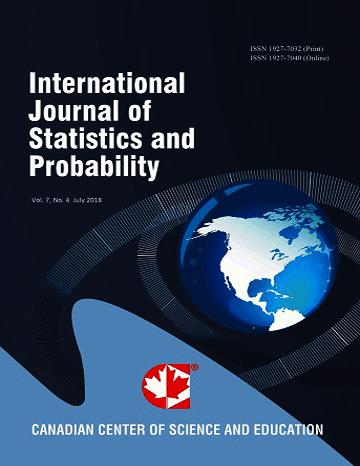A General Framework for Time Series Forecasting Model Using Autoregressive Integrated Moving Average-ARIMA and Transfer Functions
Abstract
Major current econometric stochastic series forecast research are established on the failure of the scholastic process tests to differentiate between finite and stationary alternative samples of the unit root hypothesis results. The importance of forecast evaluation allows researchers to reasonably monitor and improve forecast performance. While a structured improved forecast framework have often been suggested as one possible alternative, an extended the multivariate model which incorporate distributed-lag period for independent variable gives a unique advantage over the traditional distributed-lag model and the mathematical formulation does essentially guarantee that predicated equation irrespective of the values of the predictor variables. Hence, the primary objective is mainly to determine the likelihood of autoregressive integrated moving average (ARIMA) method for practicable process choice used for predicting key economic variables for a set of market data. Once the process has been known, parameters have been obtained, and the adequacy of the model has been determined, forecasts can be checked for reliability.
 PDF
PDF
